No, we’re not talking about sprinkling your greens with a scoop of protein powder or chasing those string beans with a double-strength protein shake. Believe it or not, there are vegetables that can be part of a protein-fueled dish on their own—and not just because they’re paired with a medium-rare steak or rotisserie chicken.
We’ve put together a list of the eight vegetables that provide the most protein bang for your buck.
1. Soybeans
With more protein than any other bean variety, cooked soybeans have about 28 grams per cup, roughly the amount of protein that can be found in 150 grams of chicken. More important, soybeans are one of only two complete plant proteins, the other one being quinoa.
null
A serving of soybeans also contains 17 grams of carbs and 15 grams of fats, 58 percent of which are essential fatty acids. The insoluble fiber in these beans promotes digestive health, while the unsaturated fat promotes cardiovascular health.
Protein content: 28.6 g per cup (boiled)
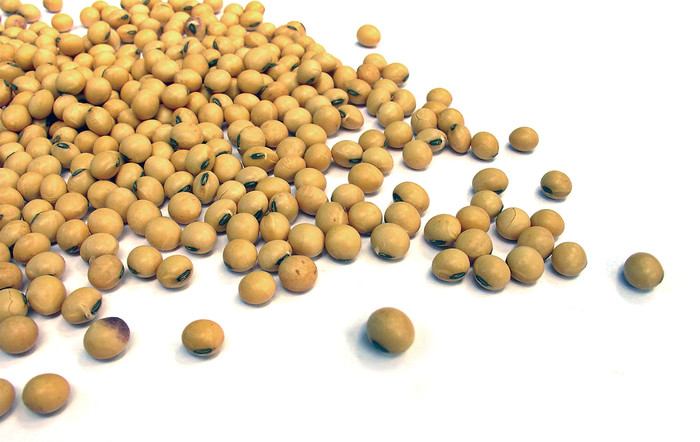
2. Edamame
null
These little protein-filled pods have likely made their way onto your plate at some time or another, or have at least been served alongside an order of sushi at your favorite Japanese restaurant. You might have dismissed their protein-rich capacity initially, but don’t let the small size fool you—these pods pack a mighty punch.
Edamame—immature soybeans that are boiled or steamed in the pod—contains 22 grams of protein per cup. Pair that with your main protein dish, and you’ll be well on your way to the recommended 30 grams of protein per meal.
Protein content: 16.9 g per cup (cooked)
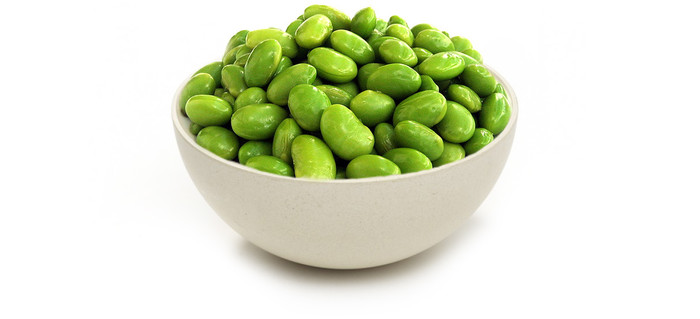
3. Lentils
From string beans to chickpeas, beans are an excellent source of plant-based protein. When it comes to legumes, lentils are among the winners. They contain about 18 grams of protein per cup when cooked, and at 230 calories per serving, they’re great for anyone watching their calorie intake.
null
Lentils are also a great source of dietary fiber and contain a high amount of the micronutrients folate, thiamin, phosphorus, and iron. Toss them into a cold salad, use them in a soup, or even mold them into a protein-packed meat-free patty.
Protein content: 17.9 g per cup (boiled)
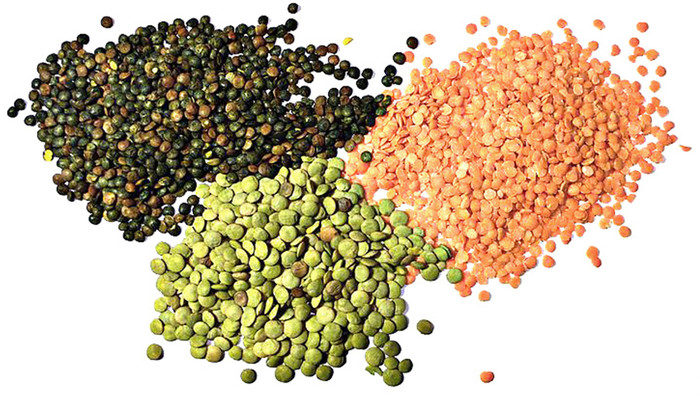
4. Broccoli
null
Looking for fat-free protein gains? You might want to check out the green veggie that looks like a miniature tree. Often thought of as simply a side dish to accompany beef or chicken, one cup of chopped broccoli has 2.6 grams of protein all on its own. And unlike your standard animal-based protein, a cup of these green florets also packs over 100 percent of your daily need for vitamins C and K.
Broccoli is also a good source of folate, another important vitamin that has been shown to decrease the risk of certain types of cancer.
Protein content: 2.6 grams per cup
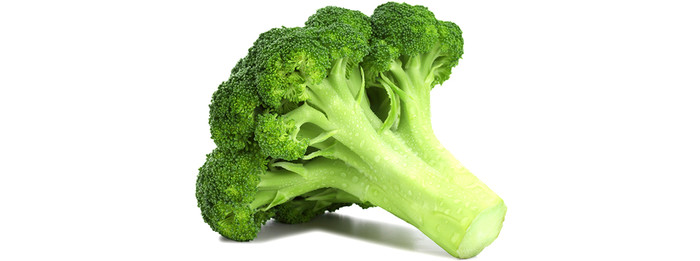
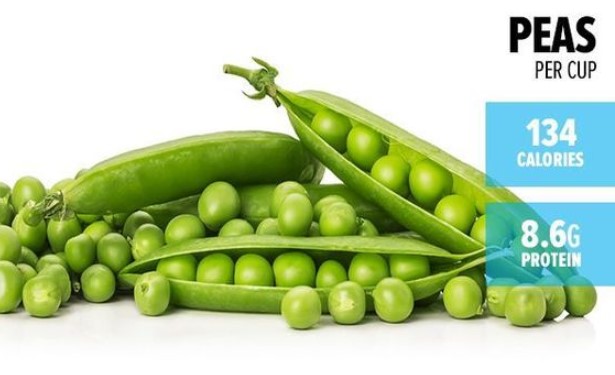
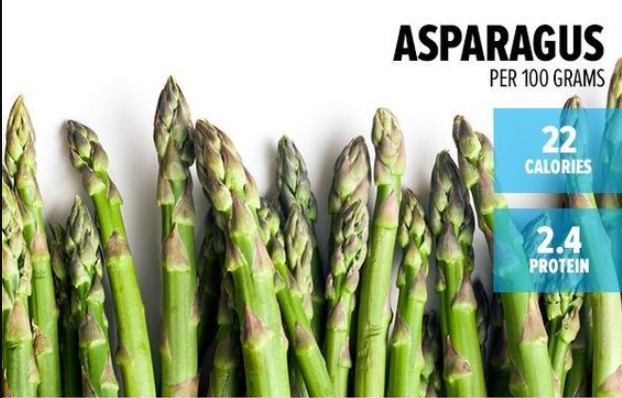
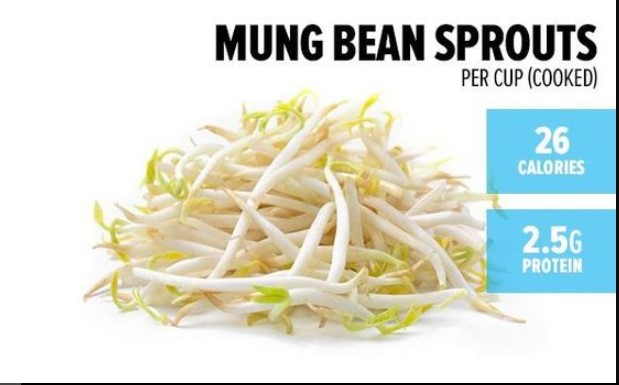
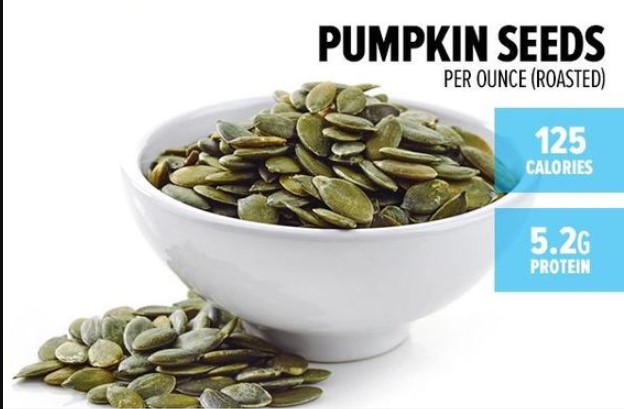

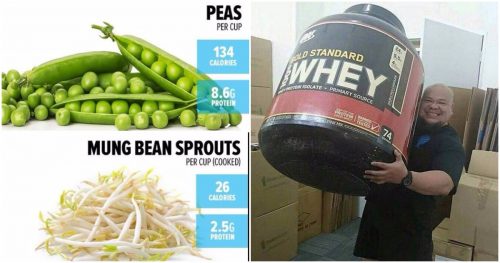

Post your comment